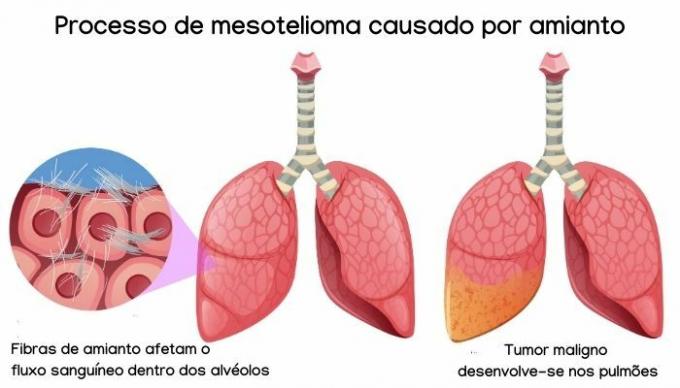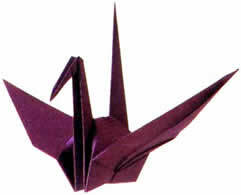THE "Critique of Pure Reason” is the book in which Kant separates the domains of science and action. Knowledge is built from the phenomenon that combines the sensitive intuition to the intellect concept. Thus, it is the logical categories that constitute objects, allowing them to be known in a universal and necessary way.
However, Kant distinguishes concepts in ideas. These are, par excellence, the object of Pure Reason, since they cannot be known (there are no phenomena of ideas). Reason is the faculty of the unconditioned and its limit for knowing is the phenomenon. Therefore, with no role in the area of knowledge, Reason thinks about objects, even though they cannot be known. For Kant, Reason does not constitute objects, but has a regulating function of human actions. The main ideas listed by Kant are those of God, Soul and World as a metaphysical totality, that is, as a whole. Let's analyze each one of them.
The Cosmological idea or of the World as a totality guides our thinking in the expectation that the world is a whole. Remember that Kant is located in the 18th century, not having information like we do today. Even so, due to the structure of the representational apparatus (animal), no man can know or experience the whole world, only parts. But we conceive of the world as a whole, we believe in it and it guides our actions.
The psychological idea or Soul comes from the tradition that believes that we are not only material beings, but endowed with a metaphysical entity, the soul, which belongs to the realm of ends and not of things. The soul cannot be known (since there is no phenomenon), but the afflictions, anxieties, the choices, in short, the human drama, make believe that there is a soul and that it is in it that we must seek principles that provide laws to regulate the actions among the men. Man is free, so he cannot be known (such as the hypothetical-deductive model), but only appreciated in his externalized actions. Therefore, the study of the soul concerns Ethics and not psychology, as this is impossible, according to Kant.
Likewise, the Theological or God idea, traditionally under debate, is not an object of human knowledge. God is not a phenomenon, he is not an object of science, but of belief. And belief, that is, what is true for someone, depends on the transmitted or revealed authority. God cannot be known, but guides human actions and conduct.
In this way, it is possible to think about how an ethics can be universal without falling into empiricism or an exaggerated dogmatism. According to Kant, the same science solution must be used: the synthetic a priori judgments. In this case, it would be necessary to have a scheme that would help in the construction of universally valid laws. Are they:
- maximum: the moral maxim is the question that a conscious being must ask himself to know whether or not he should act one way and not another. Ex.: "Can I, in a difficulty, steal?".
- Law: the law is the verification of selfish interest, since the contradiction expressed in the maxim must go from the particular to the universal. The law is the expression of universal interest, showing that it is possible to think of rational laws that are universally valid. Ex.: "No thief, no matter how much he steals, accepts being robbed".
- Action: after this exercise of conscience, the moral agent acts according to the choice he makes. To be a moral choice, the action must be in accordance with the law, that is, according to duty. However, Kant understands that it is only possible to act out of duty, that is, obeying the law grudgingly, forced or constrained. Still, the action is moral. This distinction is important, precisely to show that the law, being rational, must have the strength to force individuals to obey it, without which no coexistence would be possible. It is the foundation of social organization, which begins in the habits, customs and culture of a people, but must pass through the sieve of critical reflection of the rational and conscious being.
Therefore, the use of pure reason has no theoretical use in Kant, but only its practical use, hence his book “Critique of Practical Reason”.
By João Francisco P. Cabral
Brazil School Collaborator
Graduated in Philosophy from the Federal University of Uberlândia - UFU
Master's student in Philosophy at the State University of Campinas - UNICAMP
Philosophy - Brazil School
Source: Brazil School - https://brasilescola.uol.com.br/filosofia/a-razao-pura-pratica-kant-os-fundamentos-Etica.htm


